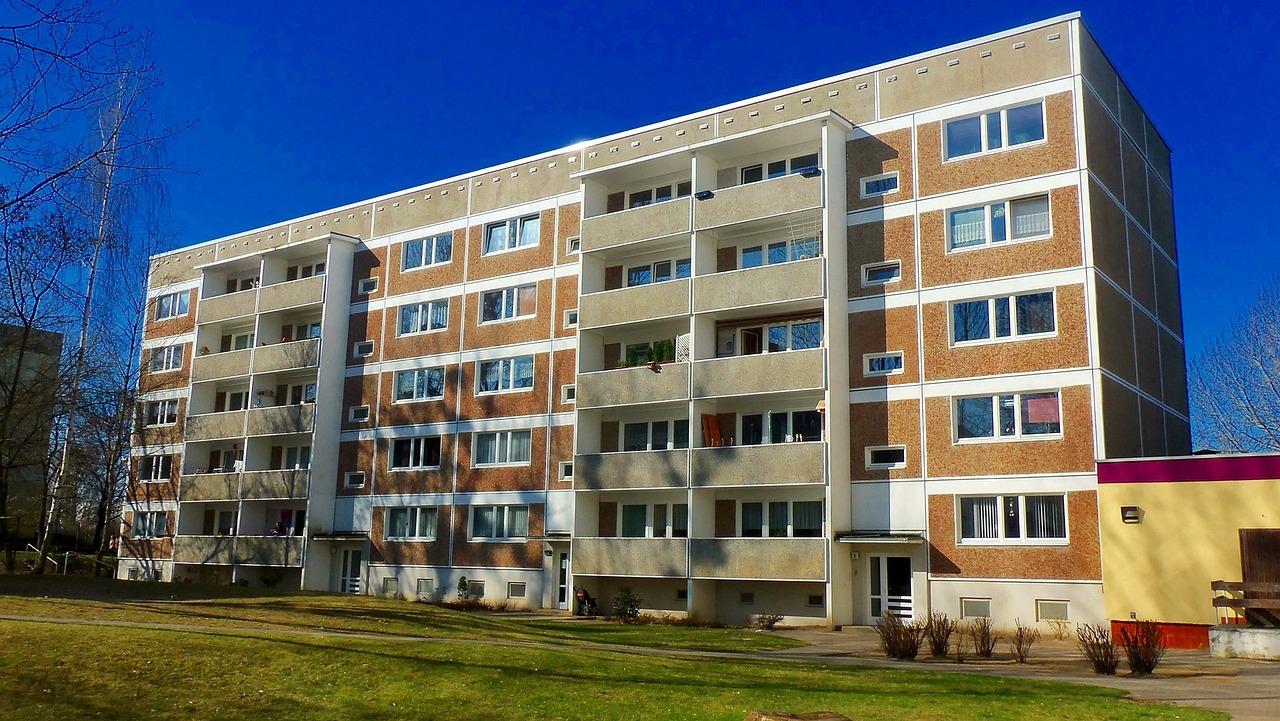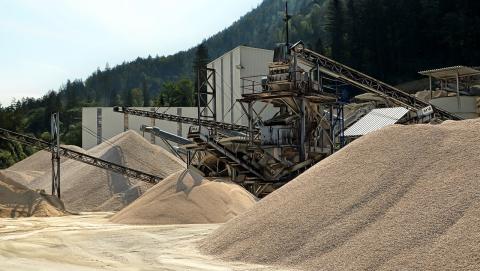
Community Housing, Housing Forum, Ontario – Toronto New Deal, Locate Fees, On-Site and Excess Soil
New Study Shows Economic Benefits of Community Housing
AMO, the Canadian Housing Renewal Association, and other partners released a new economic study - The Impact of Community Housing on Productivity - by Deloitte demonstrating the strong return on investment of community housing.
More investment in community is needed to boost supply and kickstart productivity in the province. This is supported by the study’s findings about Ontario including:
- An additional 143,225 units of deeply affordable community housing is required by 2030 to meet the OECD average.
- Investments would result in a projected 5.8% to 9.5% increase in productivity.
- This would also result in a 23.3 to $50.3 billion increase in GDP.
Investing in community housing is just that, an investment that pays returns in the form of economic productivity. When more people live in housing they can afford, they have more money to spend on goods and services, boosting businesses and our economy. AMO continues to call upon the provincial and federal governments to increase investments with long-term, stable, and predictable funding to create more deeply affordable community housing.
Housing Forum
On November 27, the Minister of Municipal Affairs and Housing hosted cross-sector Housing Forum to provide the government with advice on what's needed to build more homes faster. The province remains focused on achieving the goal of building 1.5 million new homes by 2031.
Municipal political leaders and officials from upper and lower municipal governments participated alongside non-profit organizations and building sector representatives. Municipal associations were also in attendance, including AMO.
The Minister shared his focus for the next Housing Supply Action Plan, including:
- A new ‘use it or lose it’ approach to hold developers accountable for getting shovels in ground for approved housing development permits;
- An intent to release the finalized Provincial Policy Statement soon; and,
- A strategy to leverage modular housing to create more housing supply quickly.
The Minister also highlighted the need for ongoing provincial-federal advocacy to secure more funding for housing-enabling infrastructure.
The day was structured around roundtable discussions across four themes:
- Housing-enabling infrastructure
- Activating the ‘missing middle’
- Inclusive housing
- Modular housing.
Sectors advised the government on finance, governance, barriers, and solutions. AMO and its members were strong on the critical need for provincial and federal funding to build housing-enabling infrastructure and non-market housing.
Ontario and Toronto Reach a New Deal
Yesterday, the province announced that it had struck a new agreement with Toronto to help achieve long-term financial stability and sustainability for the city. Ontario has agreed to provide the city with up to $1.2 billion in provincial operating supports over three years and significant capital relief.
The Toronto agreement is an important milestone for all municipalities as it recognizes that the current provincial-municipal fiscal framework is failing our communities. That is why AMO has been calling on the province for a social and economic prosperity review that can keep municipal finances on a sustainable path that supports social and economic growth.
While the announcement targets financial challenges that are most acute in Toronto, other municipalities face similar concerns, including transit, homelessness, and support for asylum seekers. Municipalities with similar challenges are expecting assistance in these important areas as well. Yesterday’s new deal commitments are a promising step toward provincial readiness to rebalance the scales with municipalities.
Locate Fee Changes Proposed in New Legislation
On November 22, the Minister of Public and Business Service Delivery introduced the Building Infrastructure Safely Act, 2023 which, if passed, will change the way underground infrastructure locates are delivered in Ontario.
The Act will amend the Ontario Underground Infrastructure Notification System Act, and notably:
- Prohibit infrastructure owners and operators from charging for locate provision, and
- Streamline the penalty process, by removing the ability for excavators to recoup costs through the Ontario Land Tribunal. Instead, Ontario One Call can levy administrative monetary penalties for late locates.
These changes respond to AMO recommendations against fees for locates in the context of significant municipal fiscal pressures. The locate system in Ontario is important to ensure safety of excavators and protection of underground infrastructure.
On-Site and Excess Soil Management Regulation Proposals
The province is proposing to amend the O.Reg 406/19 under the Environmental Protection Act and the Rules for Soil Management and Excess Soil Quality Standards to create opportunities to redirect more usable excess soil from landfills.
The amendments would replace the need to obtain an environmental compliance assessment for low-risk soil management operations with regulations to ensure the safe storage and reuse of these materials. Regulations would include requiring proactive disclosure regarding the quality and source of soil, and registration of any soil being stored on the Excess Soil Registry. Salt-impacted soil would only be permitted where it would not impact drinking or surface water.
AMO has submitted comments, O.Reg 406/19: On-site and Excess Soil Management Regulation Proposals: AMO’s Submission to the Ministry of the Environment, Conservation and Parks on: ERO 019-7636, to the Environmental Registry with advice to support drafting the amended regulations. While AMO is supportive of increased management and opportunities for reuse of low-risk excess soils, it is vital to ensure that the proposed changes do not have unintended consequences for municipalities or the environment. Soil reuse must be done with care and be balanced with adequate oversight and enforcement, particularly in relation to large volumes of excess soil, the expanded use of salt-impacted soil, and storage of soil adjacent to water bodies.



